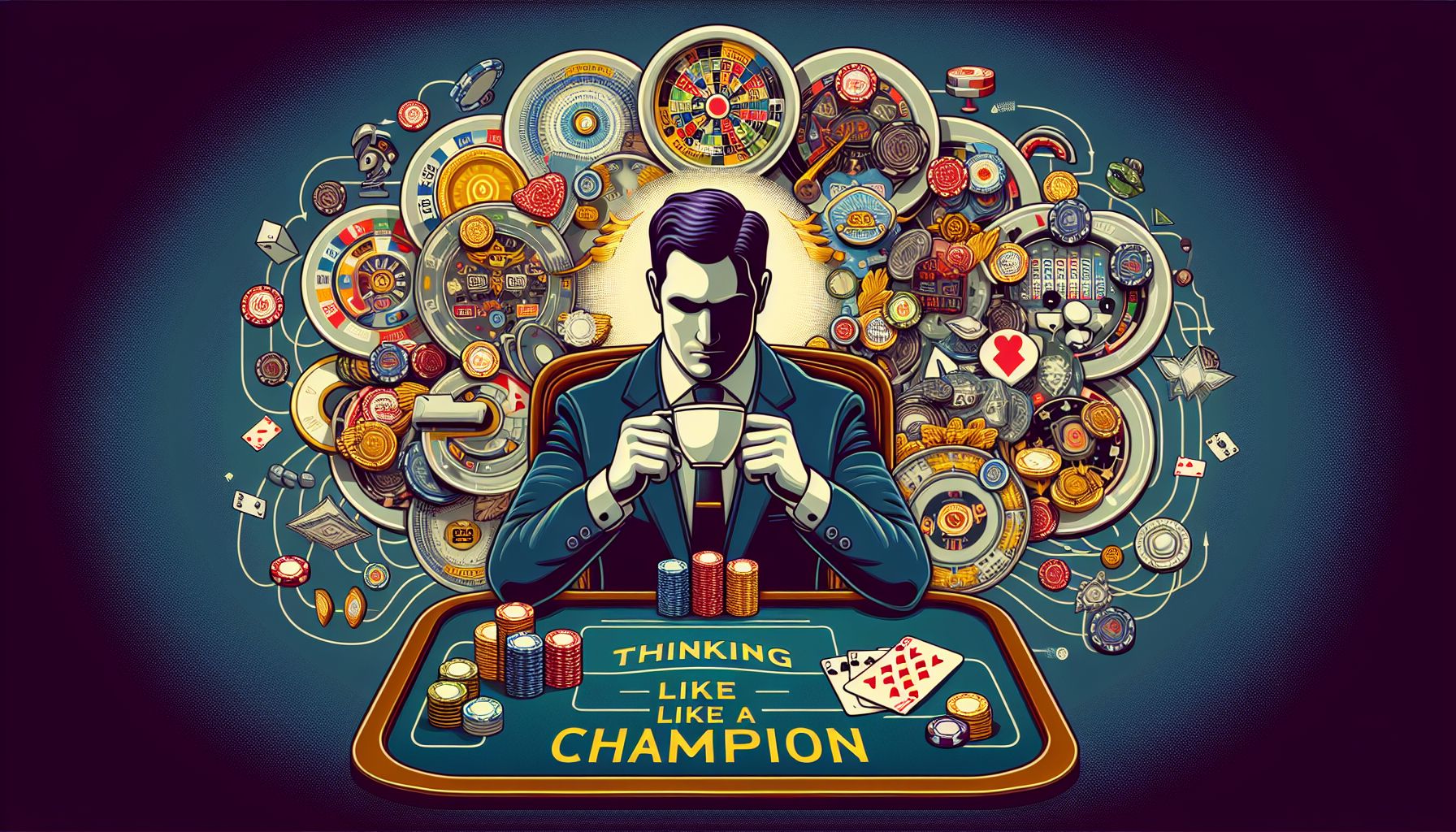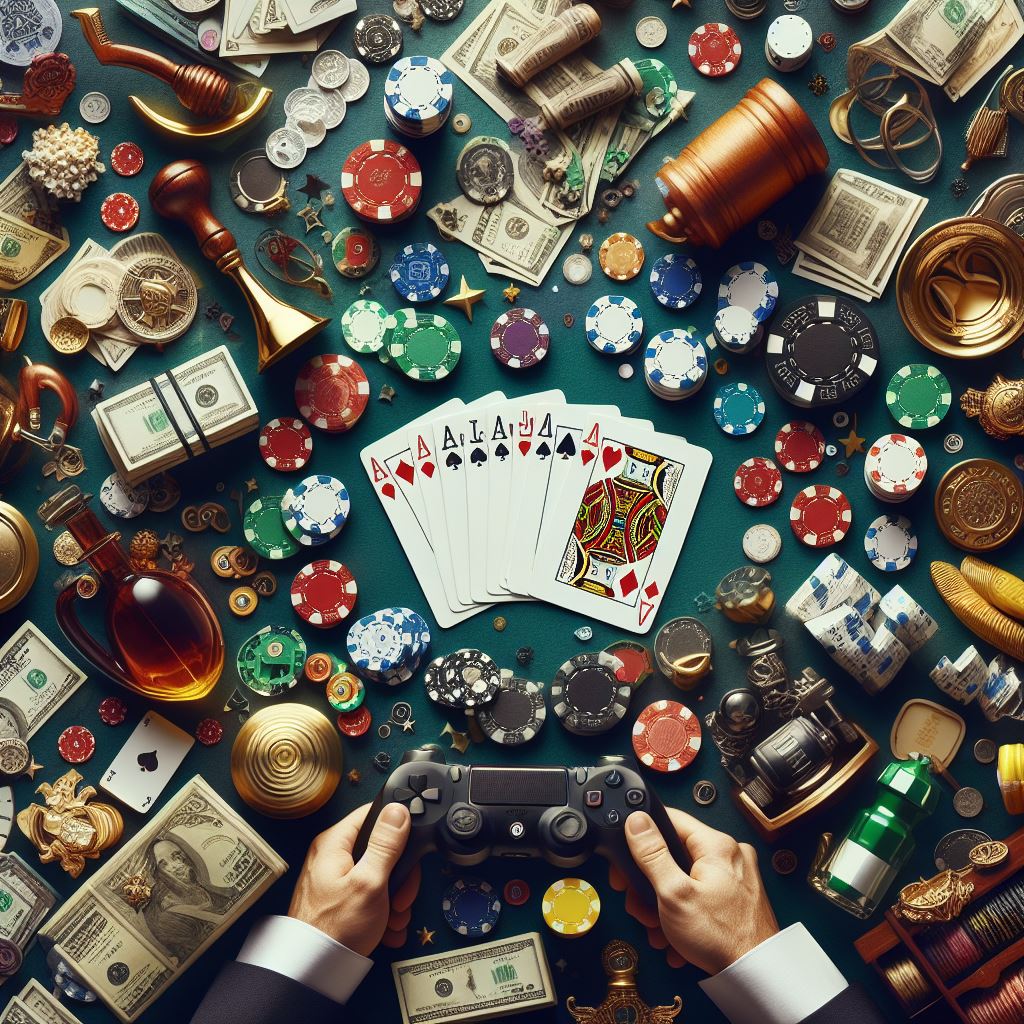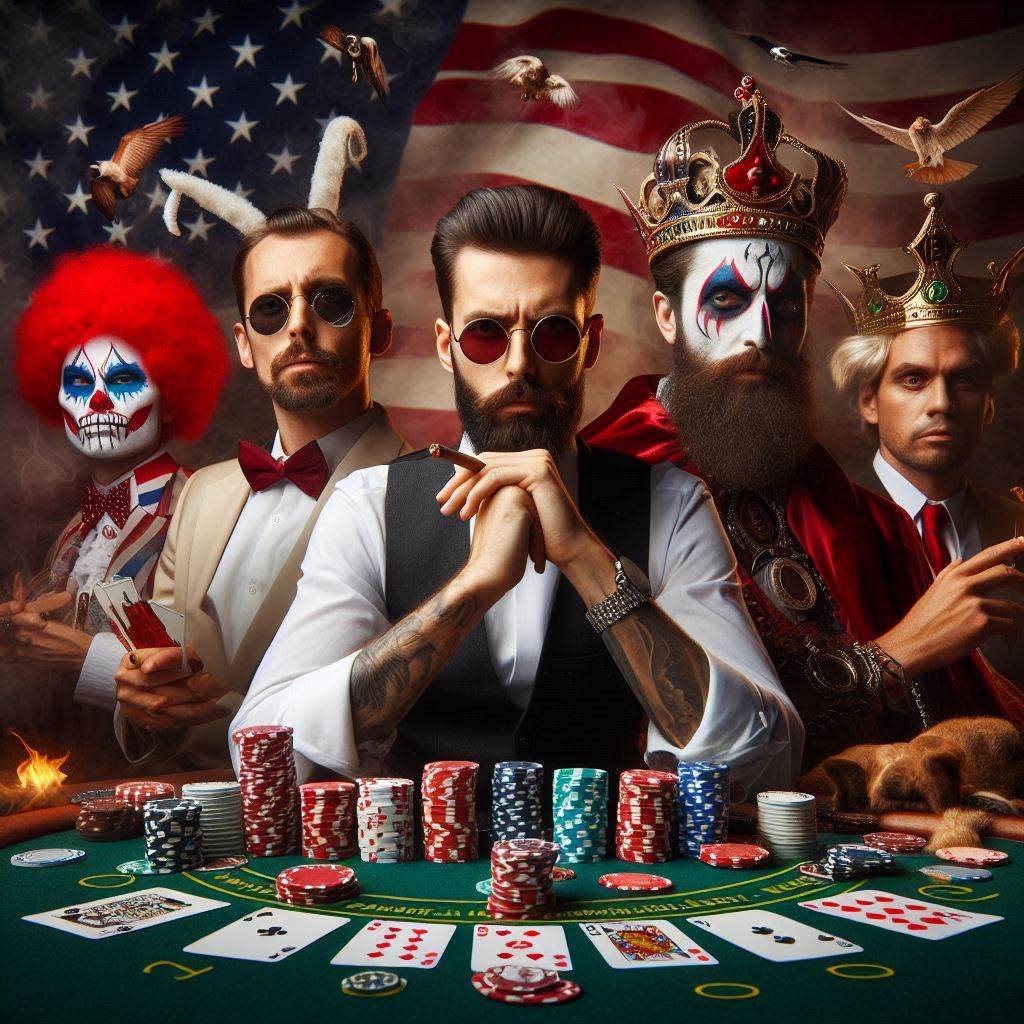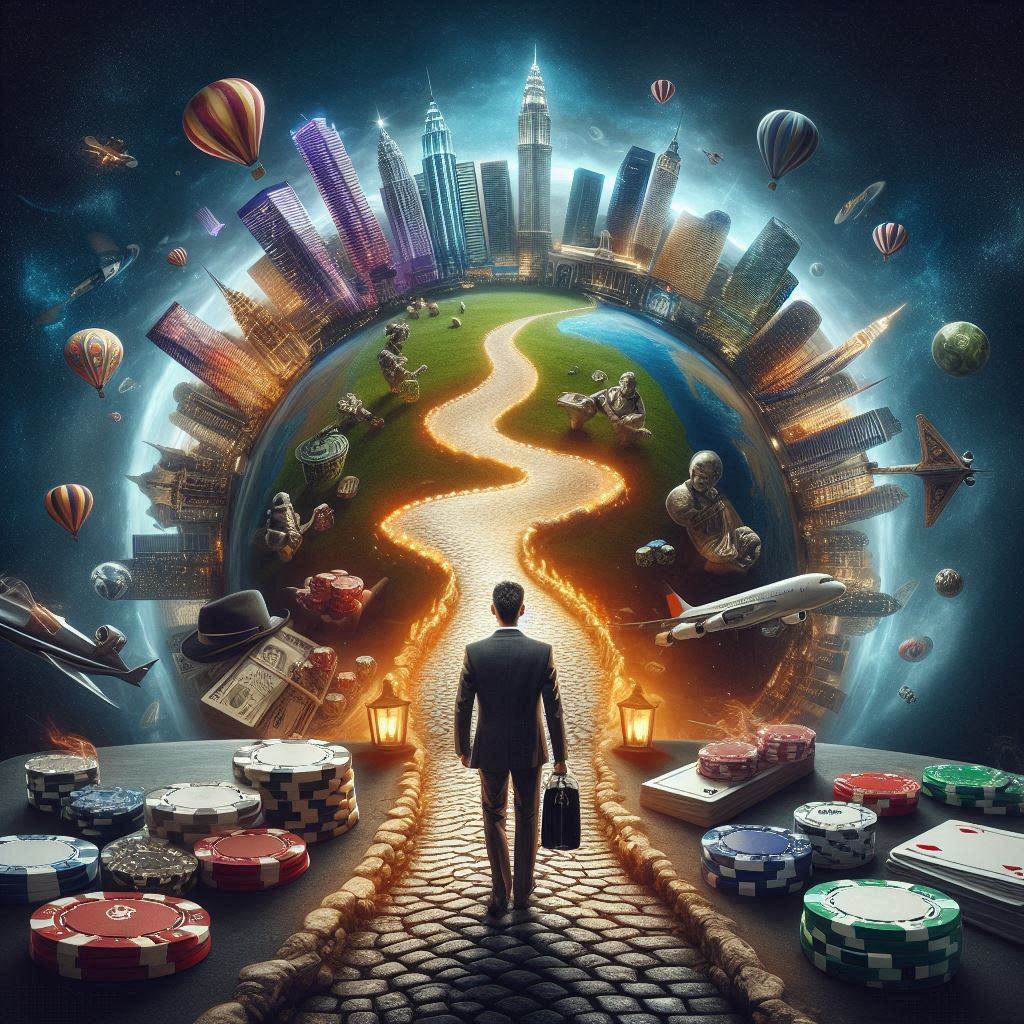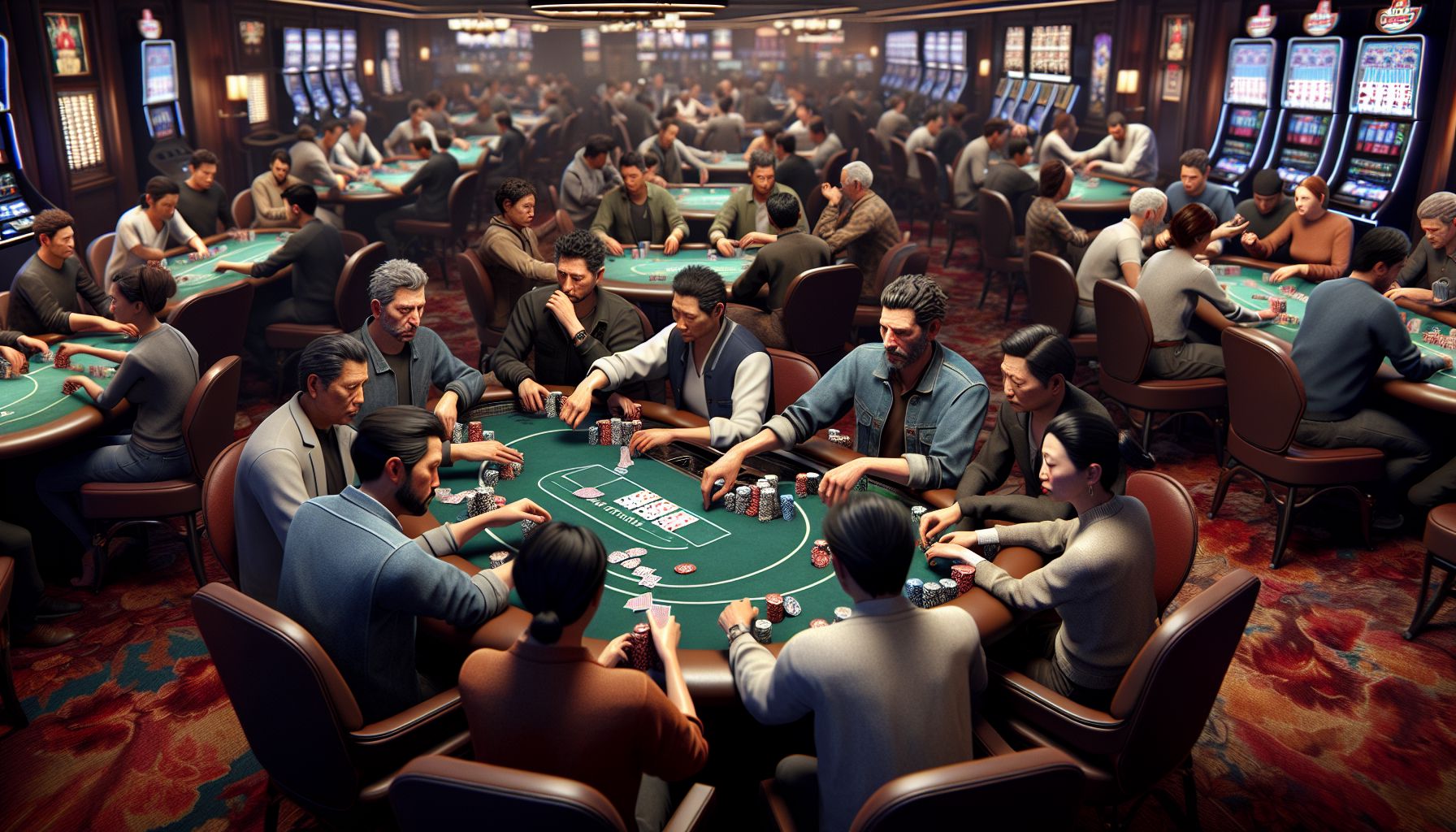Poker is more than just a game of cards—it’s a cultural phenomenon that has influenced not only the casino industry but also popular culture, social interactions, Cultural Impact of Poker and even professional networking. This article explores how poker has shaped the casino industry and left a significant mark on various aspects of society.
Historical Overview
The roots of poker stretch back over two centuries, with several theories about its origins ranging from French settlers in New Orleans playing a version of ‘Poque’ to Persian sailors teaching a game called ‘As Nas’ to American settlers. Regardless of its beginnings, Cultural Impact of Poker has evolved from a recreational activity confined to small groups and private backrooms to a mainstream pursuit that commands high-stakes tournaments and worldwide broadcasting.
Poker and the Casino Industry
The rise of poker, especially variants like Texas Hold’em, has had a transformative impact on the casino industry. Initially seen as a side attraction, poker rooms have become a central feature in casinos worldwide. This surge in popularity escalated significantly with the advent of televised poker in the 2000s, notably with events like the World Series of Poker (WSOP). Casinos capitalized on this trend by hosting poker tournaments, drawing in large crowds and generating significant revenue not just from the games themselves but also from increased foot traffic leading to higher consumption of other services and gambling activities
Economic Contributions
Poker has significantly contributed to the economic landscape of gambling hotspots like Las Vegas and Atlantic City. It has been a key player in transforming Las Vegas from a mere gambling destination to a multifaceted entertainment hub. Poker events like WSOP have become marquee occasions, drawing tourists from all over the globe, which in turn benefits local economies through hotel occupancy, dining, and retail shopping.
Socially, poker has evolved into a tool for networking and skill development. The game’s emphasis on strategy, psychological insight, and risk management translates well into various business and professional contexts. Poker nights are common social events, providing a platform for bonding over a strategic game that combines skill with an element of luck.
Social and Cultural Dimensions
Poker’s influence extends into popular culture, as depicted in films, books, and TV shows that often portray poker as a glamorous, high-stakes game associated with sharp minds and high risks. This portrayal has helped demystify the game, making it accessible to a broader audience and cementing its status as a respectable pastime and not just gambling.
Technological Impact
Technology has played a pivotal role in expanding poker’s cultural impact. Online poker platforms have democratized access to the game, allowing players from different geographical and socio-economic backgrounds to participate. The online dimension has not only influenced gaming habits but also helped in forming a global poker community, fostering interactions across borders and cultures.
Ethical and Regulatory Aspects
With the growth of poker, there has been increased scrutiny regarding the ethical and regulatory aspects of the game. Issues such as gambling addiction, online security, and the integrity of the game are at the forefront of discussions within the industry. This has led to more stringent regulations and responsible gaming initiatives being implemented by casinos and gaming platforms
Conclusion
Poker’s cultural impact is profound and multifaceted. As the game continues to evolve, its influence on the casino industry and broader societal norms is expected to grow. By promoting skills such as strategic thinking, risk assessment, and human psychology, poker remains not only a popular form of entertainment but also a significant cultural force that shapes industries and societies.

